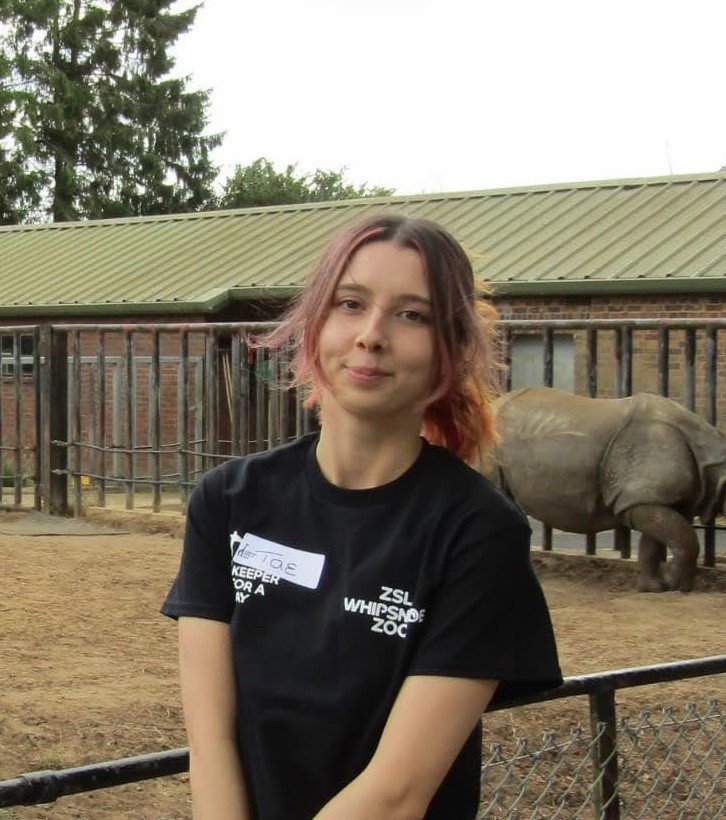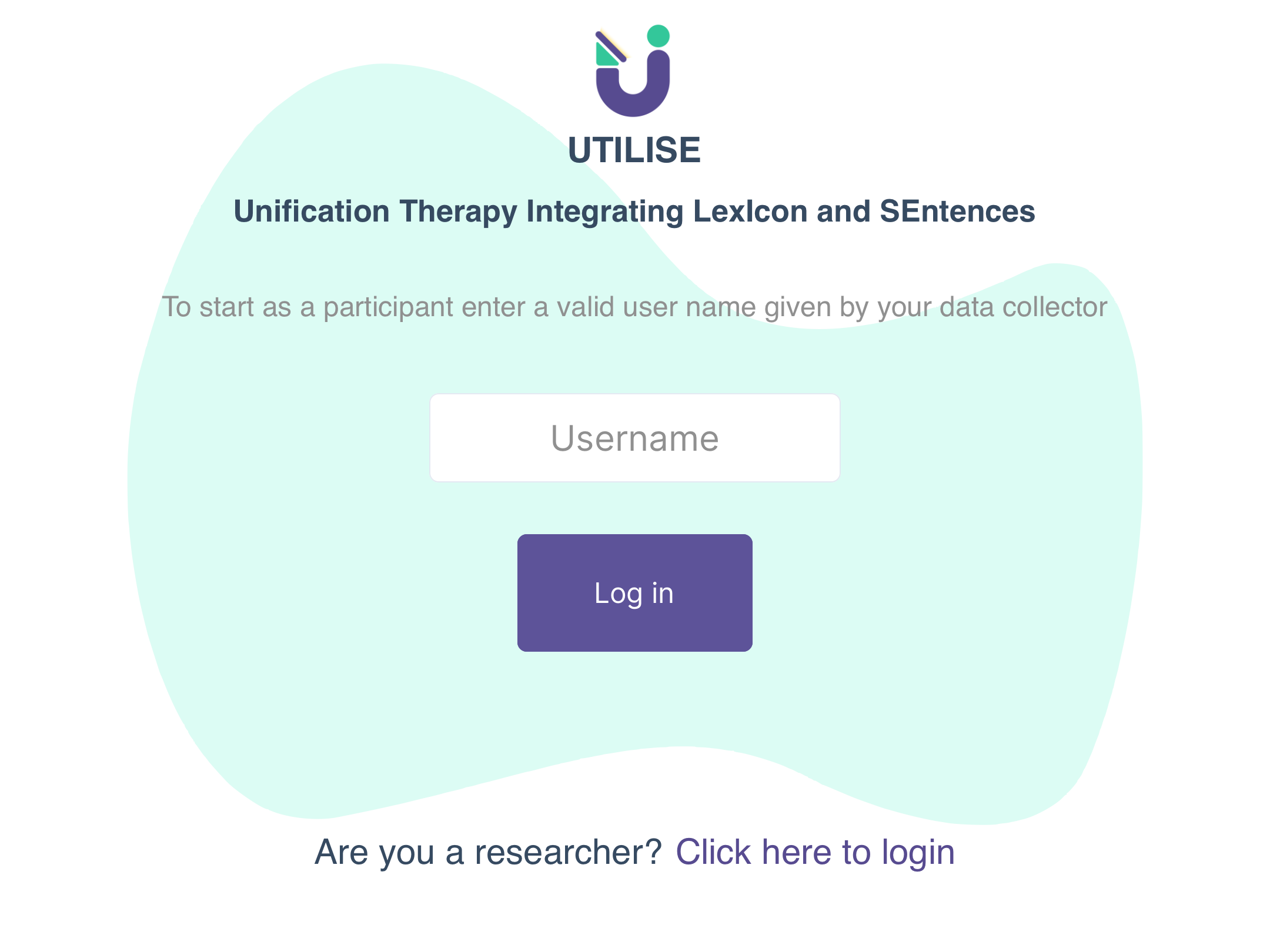We at UTILISE are excited (and nervous) to tell you all that our fantastic intern, Tae Horsfield, will be jumping from a plane, 10,000ft above the ground, in just over a month to raise money for aphasia charity Dyscover!
Tae is a wonderful person, who always puts others before herself. In her greatest feat of selflessness yet, she has taken on the challenge of a parachute jump, despite being terrified of heights, to bring support to a great cause. Tae has been volunteering for Dyscover, a charity that supports people living with aphasia, for several months. Daily sessions are run by speech and language therapists and volunteers, to provide for support for people living with aphasia as well as their family, friends and carers. They help people to develop their own communication strategies that work for them, and create a sense of community for people who often report feeling isolated as a result of their difficulties with speech, language and communication.
In Tae’s own words:
“One thing I can say is every member at Dyscover I have had the pleasure of meeting is determined to participate in all activities. I hope that I will be able to be as positive, courageous, and determined as the members at Dyscover when I jump out of the plane”.
The UTILISE team will be wishing Tae good weather and good luck on the 27th of July, with our feet planted firmly on the ground! To find out more, visit Tae’s fundraising page here.















